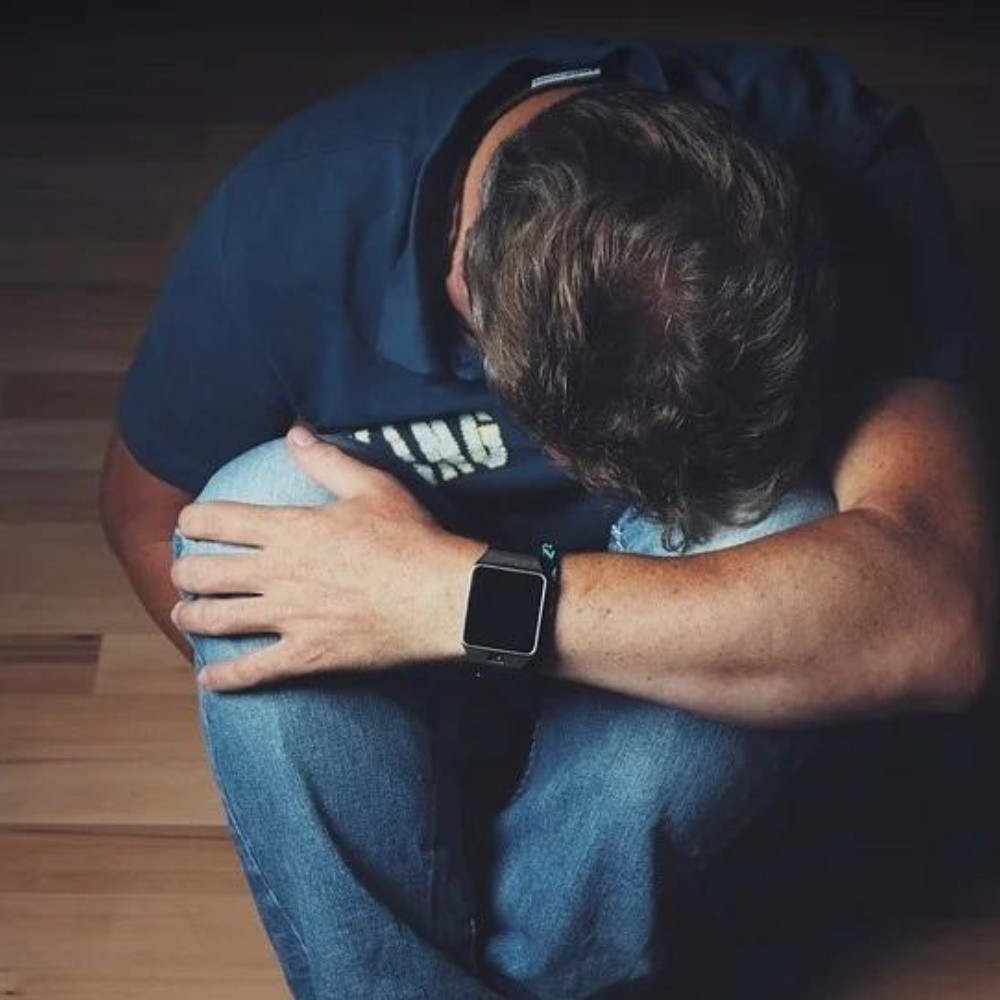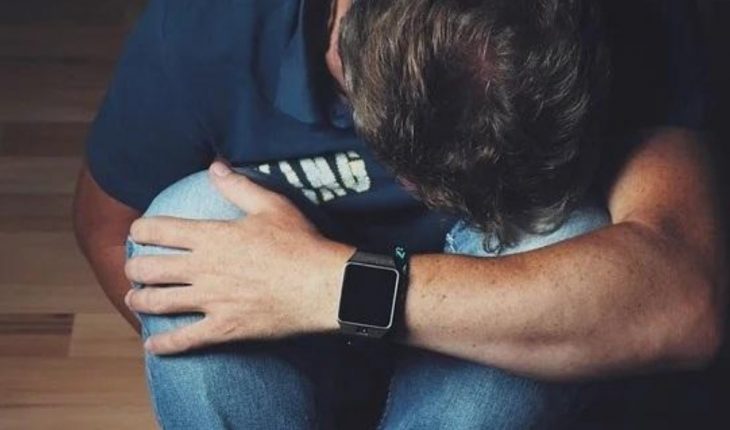
Madrid.- People with depression are more likely to die than the rest, and although women suffer from a much higher percentage, the risk of death is higher among men because they receive worse treatment because they go to a lesser extent a professional or resort more to addictions, according to Spanish researchers. This conclusions have been reached by a group of Spanish researchers from the Center for Biomedical Research in Mental Health Network (Cibersam) at the Autonomous University of Madrid and the Foundation for Research and Teaching Sant Joan de Deu, led by the Professor of Psychiatry of this university José Luis Ayuso
Stay informed about what matters most to you
Get the most relevant news of the day in your email
Thank you for subscribing!
Check your inbox to confirm your email and start getting the latest news
Take advantage and take the next step
Get our news alerts so you don’t miss anything
Receive notifications
Enter your e-mail
Subscribe
Subscribing implies accepting the terms and conditions
You’re already subscribed to news alerts!
Now you can set up notifications from the bell
.
“The study reveals that depression is associated with higher mortality in general, and not just suicide mortality,” josé Luis Ayuso, has pointed out that people with depression have less healthy habits – a poorer diet, less sleep, more sedentary lifestyle, or increased substance use – making them more vulnerable to physical illness and more likely to die.
People with chronic or severe physical illnesses can also become depressed, which can lead to poor compliance with treatments and unhealthy lifestyle habits, according to the professor, who has observed that such “abandonment” to which they undergo leads to worsening of their health and higher mortality. The results of the research, which were published in the Journal of Affective Disorders, reveal that the risk of death is six times higher among young and middle-aged menAsy, the group most vulnerable to depression-associated mortality is that of adult men between the ages of 18 and 64, a result that “surprised” researchers , as depression is more common among women and also among older people. The authors of the research, in which the Mexican Guilherme Borges of the National Institute of Psychiatry of Mexico collaborated, have stressed that their conclusions should be “carefully analyzed” and put more effort into the detection and approach of depression, especially in the group of young men and adults. José Luis Ayuso, collaborator in different groups and scientific advice advising the World Health Organization and specialist in the management and prevention of mental disorders and suicidal behaviors, has influenced the hypotheses that justify the relationship between depression and mortality to be much stronger among men than among women. And among these hypotheses cites one: men receive worse treatment, because they ask for less professional help when they suffer from depression; because, in his view, asking for that help and expressing emotions is still difficult today and even “incompatible” with some masculinity ideas that still persist. The professor has pointed out that depression in men sometimes suffers from symptoms that are not the “typical” of sadness, such as irritability or even aggressiveness, which causes depressive cadres to go unnoticed or more difficult to detect by health professionals. He also noted that men, when depressed, may have greater violent behaviors and addictions than women, which would also put them at an increased risk of mortality.
“In Spain and Europe there is a paradox that depression is over-diagnosed and under-diagnosed,” the researcher has observed, noting that many people who do not have depression are treated as if they have it, and conversely, many people with depression are not getting the right treatment.
Among the causes of poor attention to depression, the professor cites “the stigma” and the widespread tendency not to give it importance, to see it as something “of weak people, without willpower or as an excuse.” José Luis Ayuso has also referred to the “self-stigma” that occurs when people who suffer from it internalize these generalized ideas and are afraid or do not want to recognize, “or don’t know,” that what they’re going through is a depression and they don’t rely on the help of a professional. And finally quotes the stigma that is also present among health professionals, and has ensured that people with mental health problems receive worse physical health care than people who do not “because professionals interpret their symptoms as part of depression and do not explore whether they have a physical origin.” You may also be interested in: Chilling discovery! They built road in Spain and find 90 gravesBut saves their family from tragedy: he woke up their owners when a deadly gas invaded the house





